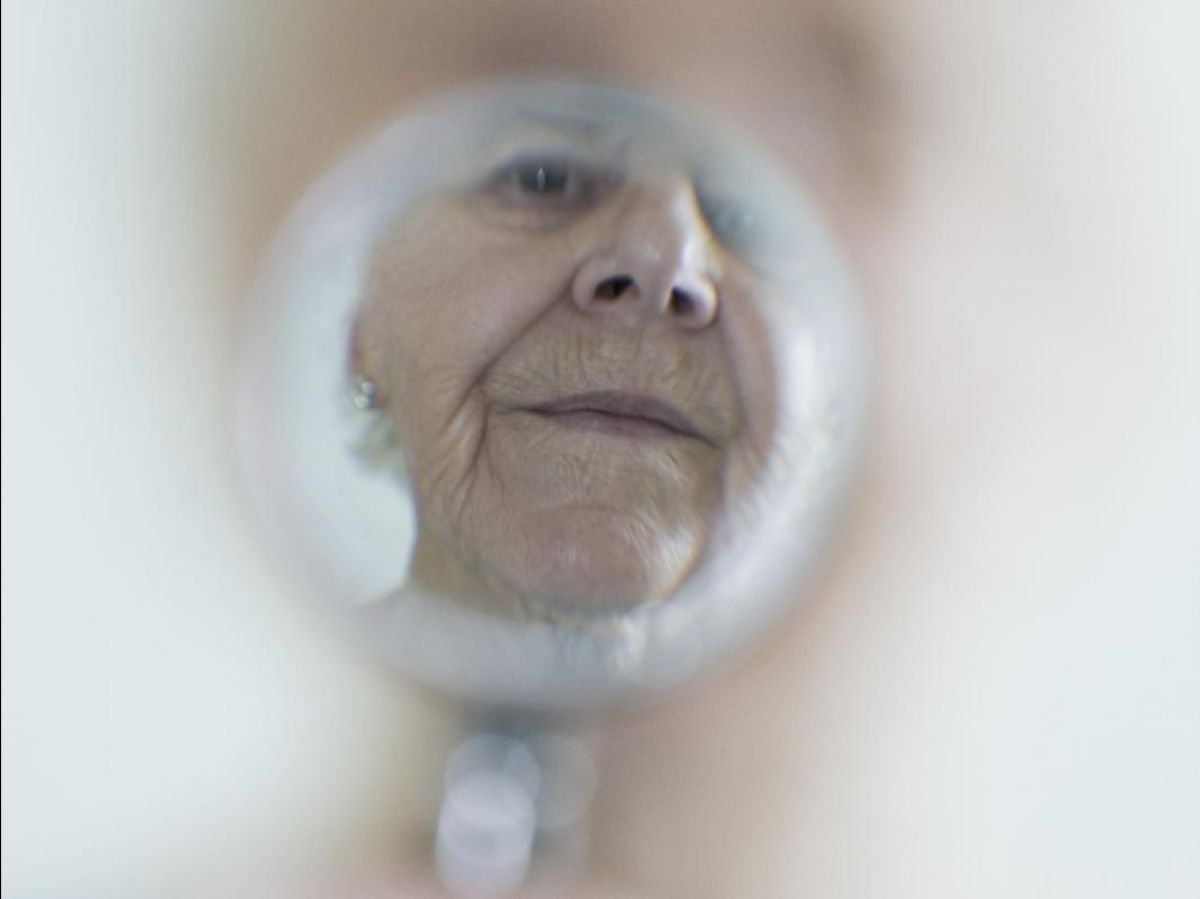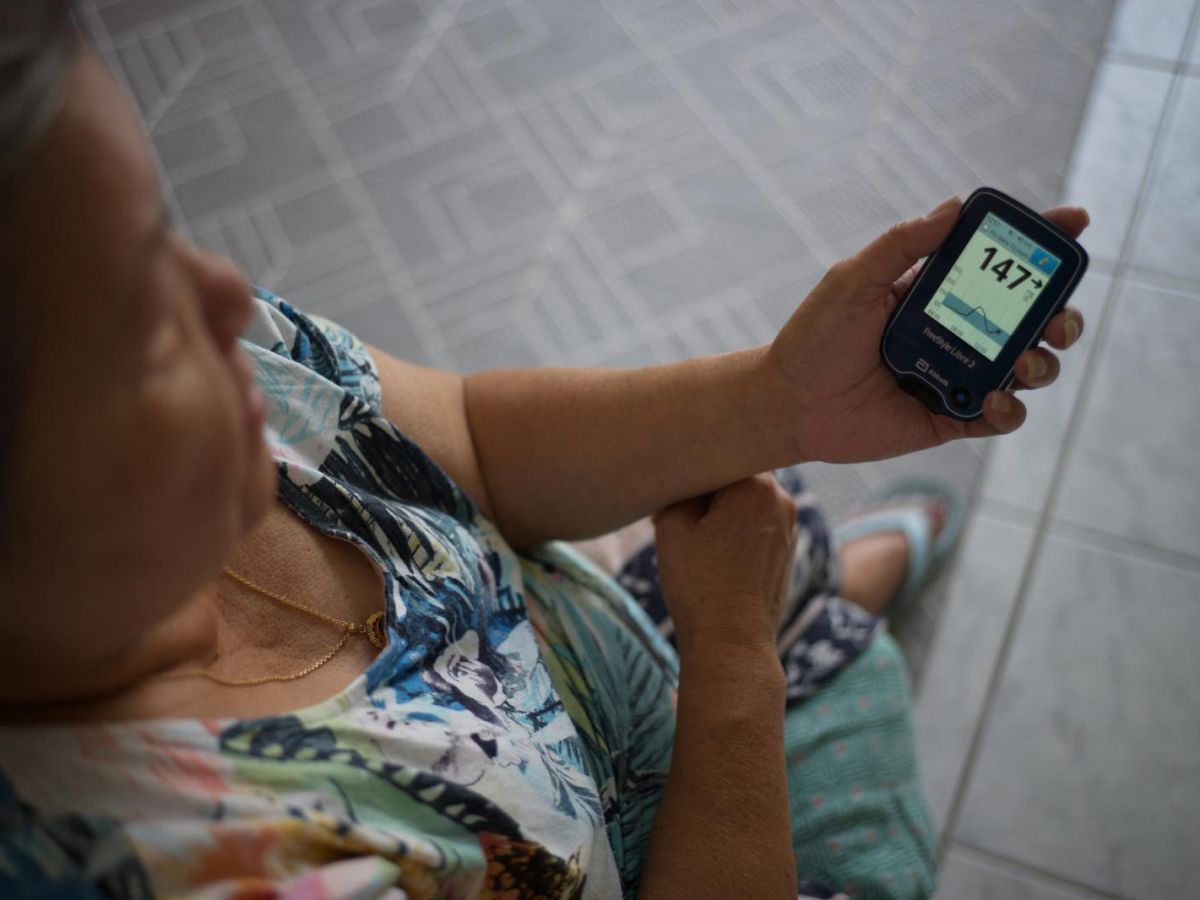“ I'm 78 years old. The hardest part is my body. I can't go very far anymore. I can walk for two days, no more.. » This sentence, surprising for our industrialized populations in which even young people are few to consider walking two days in a row, was pronounced by Juan Gutierrez Rivero, a member of the Tsimane population (also called Chimani) of Bolivia on the BBC World Service. Like the Orang Asli of Malaysia, the Tsimane live far from cities and show very few of the deleterious markers of aging found in industrialized populations. Notably, they are not affected by the constant increase in inflammation that was previously thought to be a universal marker of aging, and very few by the chronic diseases linked to it, reports a study published in the journal Nature Aging.
Read alsoAging: Is socioeconomic status more important than genetics?



